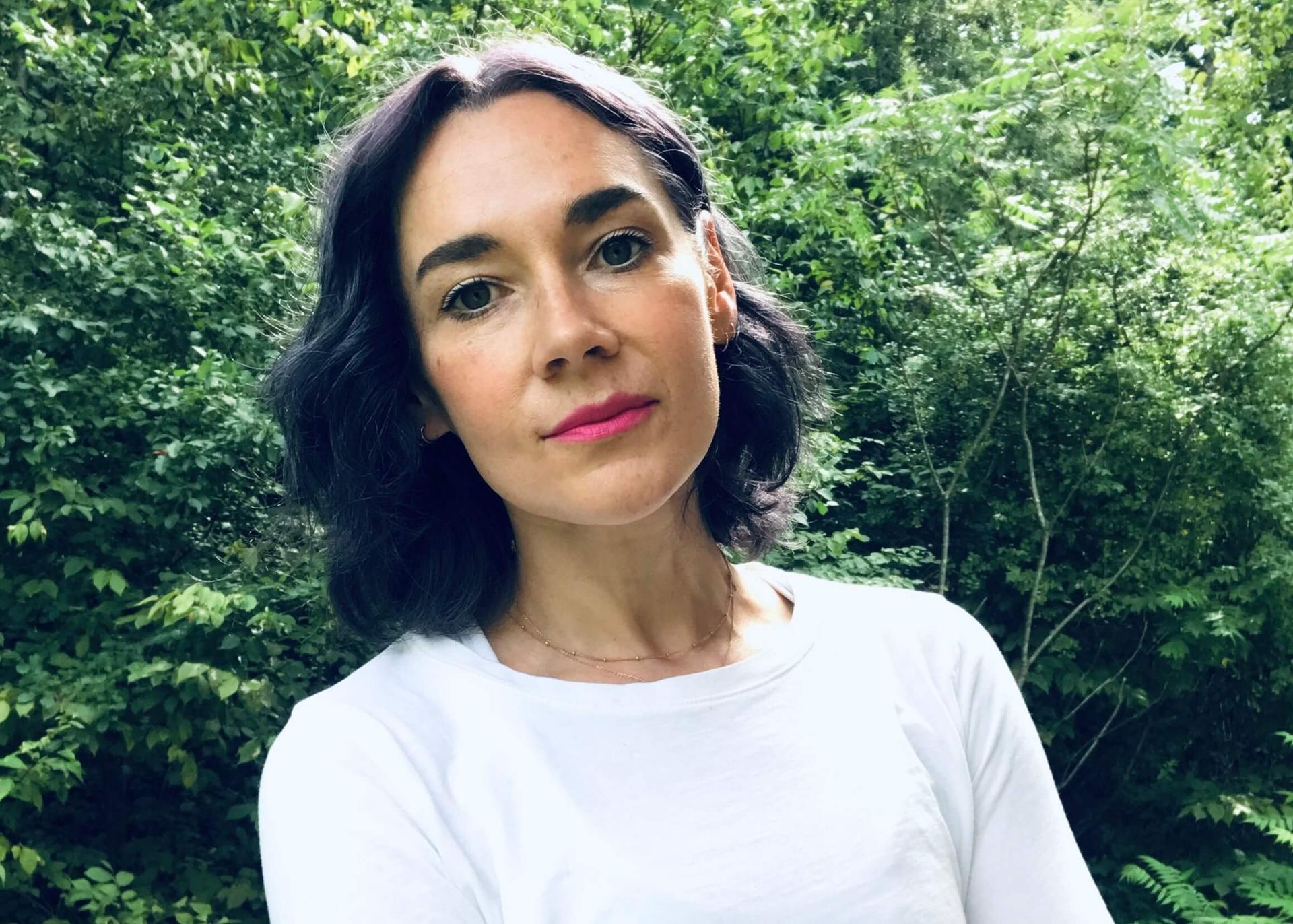Meg Little Reilly is a native Vermonter, whose decision to come to UVM just felt right after she took a look at the course catalogue and saw opportunities for creative exploration. During our interview, she noted she “felt uninhibited by a question of what [she] wanted to do.” Her time at UVM was spent exploring a wide range of classes that caught her interest, where Little Reilly found herself continually drawn to topics of politics and social concern. She graduated from UVM in 2001 with a major in geography, minoring in English and sociology. Shortly after, Little Reilly got a job answering phones at Vermont Public Radio, where she worked with the station for years, ultimately becoming a producer.
Little Reilly, graduated in 2006 from the School of Media and Public Affairs at George Washington University, and she began her political career in Washington, D.C. Following her interest in public policy, Little Reilly worked for the Environmental Defense Fund and later as a political consultant. In 2008 she had the opportunity to join the Obama administration working in the U.S. Department of Treasury and then the White House Office of Management and Budget.
In telling the story of the 2008 financial crisis and rescue that dominated the beginning of Obama’s term, Little Reilly explains, “The solutions to the problem were in a language that most Americans don’t speak.” Here, she witnessed failures to communicate across varying perspectives; learning “that if you can't find ways to make broad public policy accessible, you won't have public trust.” This inspired her to put storytelling skills into practice, weaving narratives to help folks better understand complex policy.
Storytelling is the hidden thread throughout all of Little Reilly’s work. After leaving the realm of nonfiction in DC, she began writing novels and is now a 3-time published author. She reflects that, “Going onto fiction was not as much of a leap as you would think.” Little Reilly draws on Washington’s grand Greek tragedy theatrics, both its characters and their motivations, for her stories. Self-doubt always creeps in after putting yourself out there, with rejection waiting around the corner as an aspiring author; however, Little Reilly knows how to push through that paralyzing insecurity all of us have experienced. Watching her peers in Washington take extraordinary career risks made her realize that “failures won’t kill you.” With this she was able to quell the fear of rejection.
The stories Little Reilly aspires to tell are “grounded in the most pressing questions of our time.” Her dystopian writing confronts environmental threats and inequalities, inviting you to challenge your perceptions of your own world, while being swept away in someone else's. Little Reilly uses her knowledge of policy throughout her novels to investigate the larger powers influencing our individual choice, noting that “nothing exists in a vacuum.” Sharing stories is one-way Little Reilly hopes to be able to drive solutions and foster mutual understandings in her own Vermont community.
It’s with this attitude of transformation that Little Reilly has begun leading Project 14. Born out of the Community News Service (CNS), Project 14 started by thinking about institutional trust, and the ways in which it is required for participation in public life. Now this project, named for Vermont’s 14 counties, has become a broad movement working to bolster civic infrastructure across the state by strengthening information networks in and between communities.
To start, Little Reilly dives in to see if the stories of what’s occurring are even being told at all, seeking out news deserts and gaps in public participation. She asks “community leaders and elected officials, what would help you invite more people into the public process? This question informs what projects are created next. Some current focuses include making all websites ADA compliant and improve reporting so community members can understand how laws are made in their municipalities. Another one of the main ways Project 14 operates is by dispatching student reporters from UVM and the CNS to write articles for Vermont publications. By supporting news coverage, students help make sure community members are kept updated with local and large-scale events. They also work to share knowledge of when public town meetings are taking place, so that more stakeholders can share their perspectives and have their voices represented.
The main goal of Project 14 is to build more equitable and engaged Vermont communities, using stories of all forms, to open up space for transformation. Our systems and our stories are better with divergence, Little Reilly notes. “The more storytellers can represent the diversity and breadth of the people who live here, the better the stories will be; and the more joyful and, textured and, interesting they will be.”
For Little Reilly the role of storyteller felt natural, “a realization that [she] would be happier if [she] was writing books, regardless of the outcome,” even if they were unsuccessful, than not writing at all. Little Reilly talks about her writing as “emotional hygiene,” incorporating it into her daily practice to stay level. And she encourages all creators, no matter what their artistic talent or creative outlet to exercise it vigilantly. The world relies on storytellers to create connections and foster understanding; today we are in grave need of more of them. She explained “if you feel that creative energy inside you, you may as well direct it to be constructive, because it's going to be there either way.” Greater understanding is possible between us all. Meg Little Reilly believes that “telling those stories is the most effective way of changing hearts and minds.”
